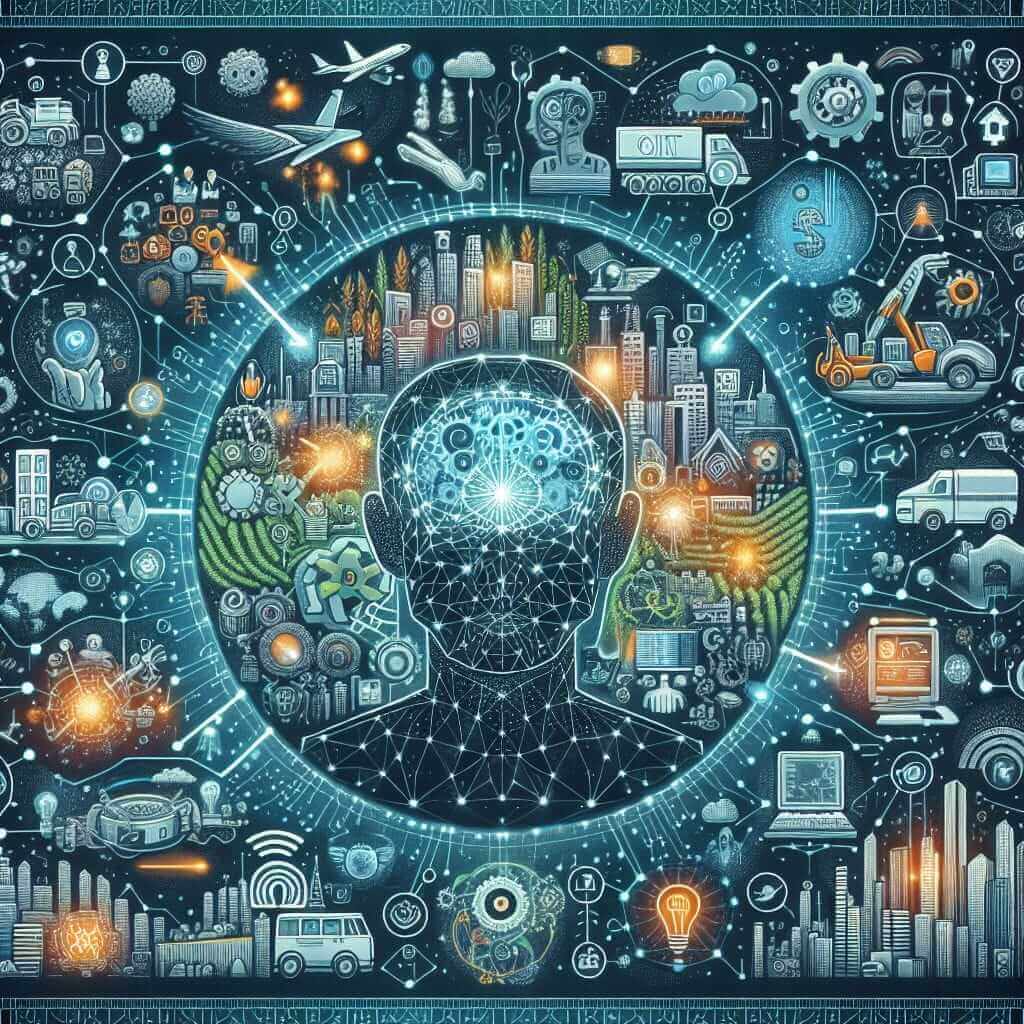The IELTS Reading section is a critical component of the IELTS exam, designed to evaluate a candidate’s reading comprehension skills through a variety of text types and question formats. As digital transformation rapidly reshapes global economies, it has become a frequently discussed topic. Given its relevance, one can expect related themes to appear in the IELTS Reading test, especially considering the rising digital economy and its impacts on traditional industries, job markets, and broader economic indicators.
This article will provide a comprehensive IELTS Reading practice based on the topic “Economic impacts of digital transformation,” including an expertly crafted reading passage, questions, detailed answers, and vocabulary and grammar notes to help you excel.
Reading Passage: Economic Impacts of Digital Transformation
Digital transformation has ushered in a new era for economies around the world, profoundly affecting various sectors and industries. This phenomenon, characterized by the integration of digital technology into all areas of business, has led to significant economic impacts.
The Rise of Digital Economies
Digital transformation has given rise to digital economies, where significant economic activities are conducted through digital means. The shift from traditional brick-and-mortar establishments to e-commerce platforms has exemplified this change. Companies such as Amazon and Alibaba have revolutionized the retail landscape, enabling consumers to purchase goods and services online seamlessly.
Impact on Traditional Industries
Traditional industries have experienced disruptions due to digital transformation. The advent of digital technologies such as artificial intelligence (AI) and the Internet of Things (IoT) has led to increased automation and efficiency. For instance, the manufacturing sector employs advanced robotics and AI-driven systems for production processes, reducing operational costs and enhancing productivity. However, this transformation has also posed challenges, particularly for industries slow to adopt digital innovations.
Effects on Employment
The job market has also been significantly impacted by digital transformation. On one hand, there has been a surge in demand for digital skills, leading to the creation of new job opportunities in technology sectors. Roles such as data analysts, cybersecurity experts, and software developers are in high demand. On the other hand, traditional roles are becoming obsolete, resulting in workforce displacement. Consequently, there is an increasing need for upskilling and reskilling to prepare the workforce for the digital economy.
Broader Economic Impacts
Digital transformation extends beyond individual industries and job markets, influencing broader economic indicators. The efficiencies brought by digital technologies contribute to economic growth through enhanced productivity and innovation. Moreover, digital platforms facilitate global trade, enabling businesses to reach international markets with ease. However, the digital divide remains a significant issue, as not all regions have equal access to digital infrastructure, potentially exacerbating economic inequality.

Practice Questions
Questions 1-6: True/False/Not Given
- Digital transformation has negatively impacted all traditional industries.
- E-commerce platforms like Amazon and Alibaba are examples of digital economies.
- The manufacturing sector now employs fewer robotics due to digital transformation.
- Digital transformation has led to the creation of new job opportunities in the technology sector.
- Workforce displacement is a result of traditional roles becoming obsolete due to digital transformation.
- Digital transformation has no effect on global trade.
Questions 7-12: Matching Headings
Match the following headings to the appropriate paragraphs:
A. Broader Economic Impacts
B. The Rise of Digital Economies
C. The Challenges for Traditional Industries
D. Impact on Traditional Industries
E. The Job Market and Digital Skills
F. Digital Infrastructure and Economic Inequality
- Paragraph 1: ___
- Paragraph 2: ___
- Paragraph 3: ___
- Paragraph 4: ___
- Paragraph 5: ___
Answer Key
Questions 1-6: True/False/Not Given
- False
- True
- False
- True
- True
- False
Questions 7-12: Matching Headings
- Paragraph 1: F
- Paragraph 2: B
- Paragraph 3: D
- Paragraph 4: E
- Paragraph 5: A
Common Mistakes to Avoid
- Overlooking Key Details: For True/False/Not Given questions, ensure you scrutinize the text to capture subtle details that can determine the correctness of the statement.
- Misinterpreting Information: Pay attention to the exact wording of the passage to avoid misinterpreting the author’s intention or data presented.
- Time Management: Allocate your time wisely among reading the passage, answering the questions, and revising your answers.
Vocabulary
- Disruption (n): /dɪsˈrʌp.ʃən/ – a disturbance or problems which interrupt an event, activity, or process.
- Obsolete (adj): /ˌɒb.səˈliːt/ – no longer in use or no longer useful.
- Empirical (adj): /ɪmˈpɪr.ɪ.kəl/ – based on, concerned with, or verifiable by observation or experience rather than theory or pure logic.
Grammar Points
- Passive Voice: Often used to focus on the action rather than who or what is performing it. E.g., “Roles such as data analysts are in high demand.”
- Complex Sentences: Combining multiple ideas for detailed explanation. E.g., “Although digital transformation has created new opportunities, it has also led to workforce displacement.”
Conclusion
Effective preparation for the IELTS Reading section involves familiarizing yourself with the exam format, practicing with a variety of passages, and refining your comprehension skills. By understanding the current trends and economic impacts of digital transformation, you can improve your ability to tackle similar topics confidently. For further practice, explore related subjects such as the effects of digital technology on employment and the impact of digital innovation on traditional industries.
By dedicating time to these strategies, you’ll be better prepared to achieve a high score in the IELTS Reading section.